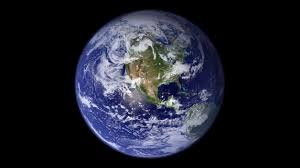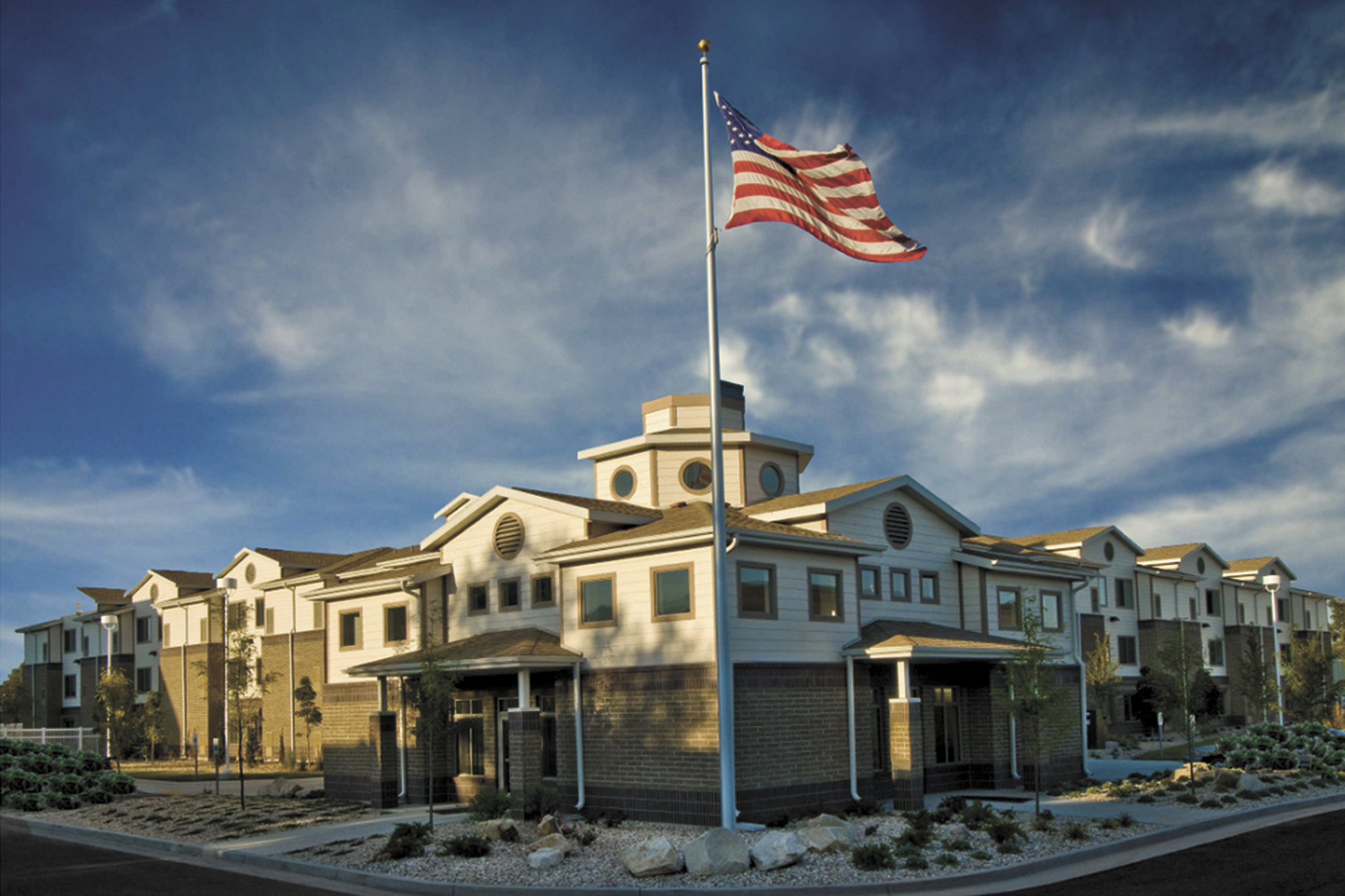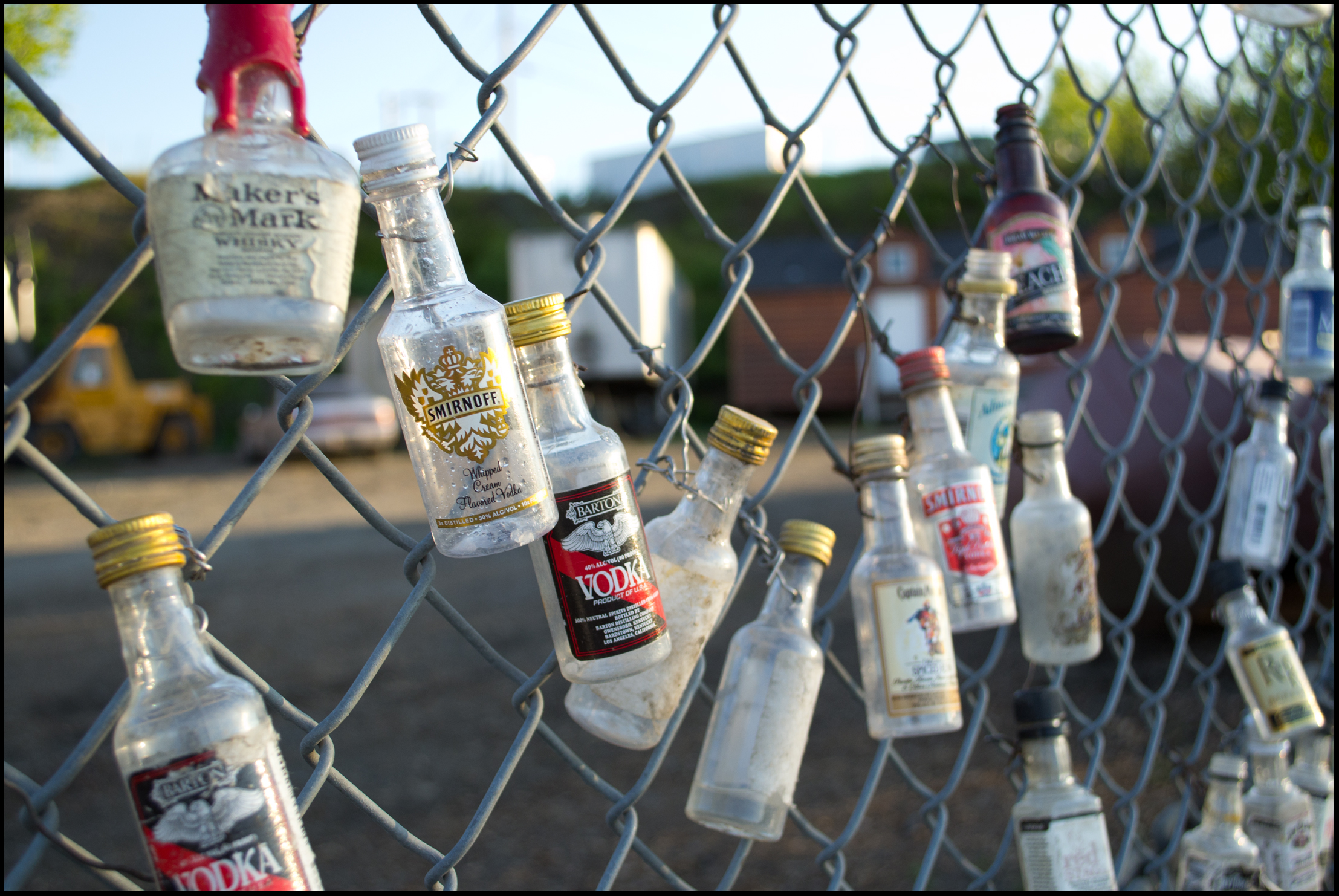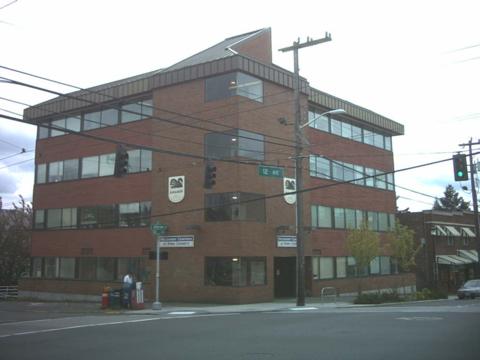Once up a time, children, Earth Day was a big deal. It began in 1970 — back when that wild radical Richard Nixon was Leader of the Free World — as a mass environmental teach-in about air and water pollution, triggered in large part by the 1969 oil spill off of Santa Barbara.
The hippies were at their height, war raged in Vietnam, protests shook the streets, and Simon & Garfunkel’s “Bridge Over Troubled Water” sounded across the land. And Earth Day put environmental concerns front and center.
How things have changed.
A new poll finds that while more Americans are cutting down on electricity use, eating organic foods, recycling and the like, environmental issues are far less important than they were 40 years ago.
This year, The Huffington Post and its polling partner YouGov, looked at how environmental attitudes and behaviors have changed since that first Earth Day by repeating the same questions that were originally asked on two 1971 surveys.
As the HuffPost reports, “The first survey was a telephone poll conducted by Opinion Research Corporation for Richard Nixon between May 7 and 25, 1971, that included broad questions about attitudes toward the environment and environmental spending. The second was a separate Opinion Research Corporation poll conducted using in-person interviews between July 16 and August 2, 1971, and measured actions respondents said they had recently taken to help protect the environment. Both surveys were accessed through the Roper Center’s iPoll database.”
The 1971 Nixon poll found that 63 percent of respondents said that it was “very important” to work to restore and enhance the national environment, with 25 percent saying it was “fairly important” and only 8 percent saying it was “not too important.”
But in the 2013 HuffPost/YouGov poll, only 39 percent of respondents said it was very important, while 41 percent said it was fairly important and 16 percent said it was not too important.








